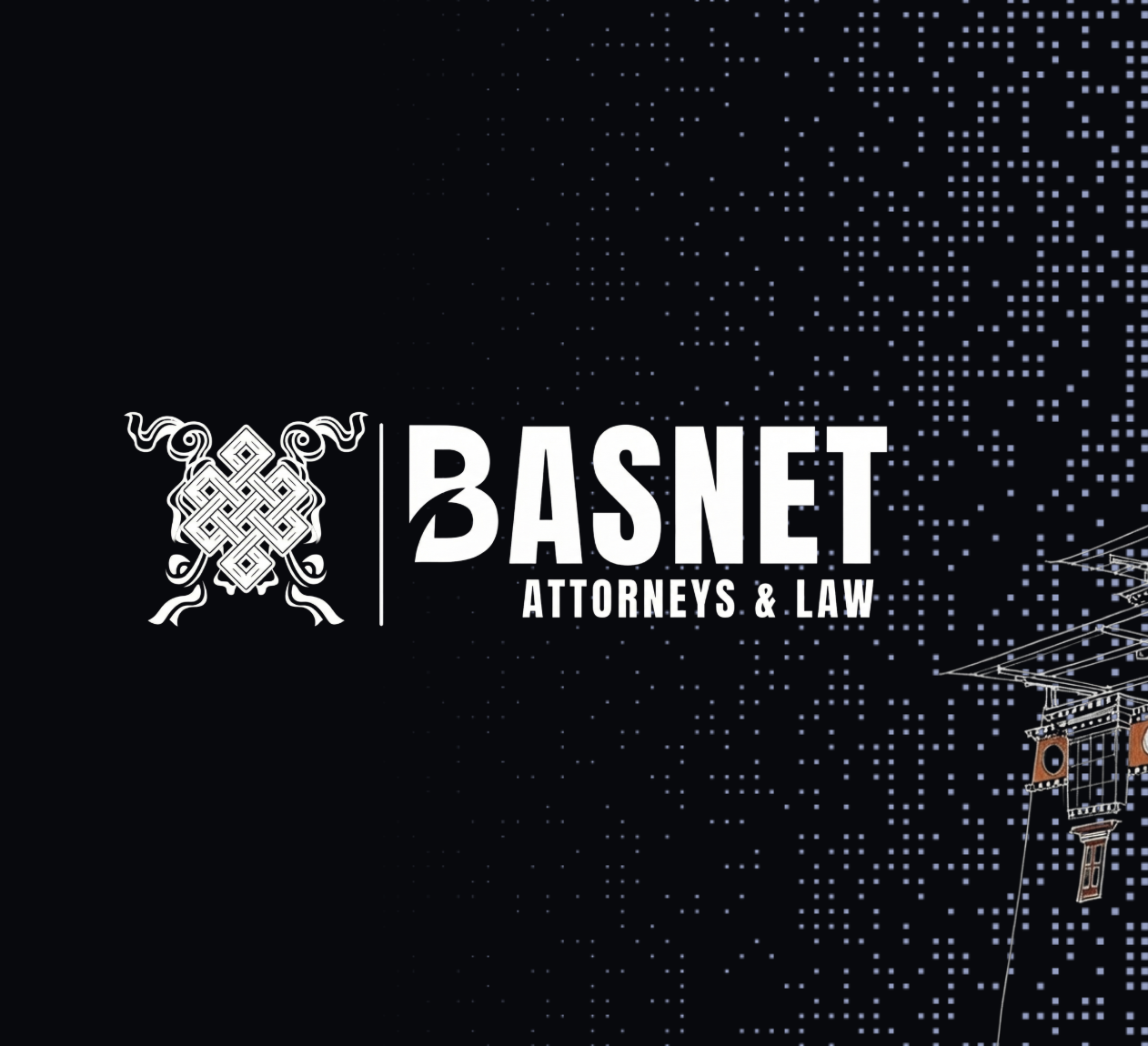Best Business Lawyers in Bhutan
Share your needs with us, get contacted by law firms.
Free. Takes 2 min.
Or refine your search by selecting a city:
List of the best lawyers in Bhutan

Basnet Attorneys and Law - A Premier law Firm in Bhutan
15 minutes Free ConsultationAbout Business Law in Bhutan
Business law in Bhutan is an evolving field, shaped by the country's unique mix of traditional customs and modern development goals. Bhutan is guided by the strategy of Gross National Happiness, which influences its legal framework, aiming for sustainability and equitable growth. The formal business environment has been expanding, with emphasis on small and medium enterprises (SMEs), while foreign direct investment is carefully regulated to ensure benefits align with national priorities. Business law encompasses areas like company registration, taxation, labor laws, contracts, and environmental compliance. It serves to regulate commercial entities and resolve disputes, with a growing focus on fostering entrepreneurship and protecting consumers.
Why You May Need a Lawyer
Engaging a lawyer in business matters in Bhutan can be crucial for several reasons:
- Company Formation and Registration: Legal assistance can streamline the process of setting up a business and ensure compliance with all regulatory requirements.
- Contract Drafting and Review: Lawyers help draft, negotiate, and review contracts to avoid future disputes.
- Regulatory Compliance: Understanding and adhering to the complex web of local, national, and industry-specific regulations.
- Dispute Resolution: Legal advice is vital for resolving conflicts with partners, employees, or consumers.
- Taxation and Financial Advisory: Ensuring that your business meets taxation requirements and financial laws.
Local Laws Overview
Key aspects of business laws relevant to conducting business in Bhutan include:
- Economic Development Policy (EDP): Provides incentives and outlines regulations for various sectors aiming at stimulating economic growth while maintaining cultural and environmental sustainability.
- Companies Act of Bhutan: Guides the formation, management, and dissolution of companies, ensuring transparency and accountability.
- Foreign Direct Investment Policy: Regulates international business investments to align with national interest and development goals.
- Taxation: Bhutan has an array of taxes including corporate tax, personal income tax, and business sales tax, with laws facilitating proper tax compliance and enforcement.
- Labor and Employment Laws: Protects workers and employers by regulating work conditions, disputes, and compensation.
- Environmental Regulations: Business operations are expected to comply with laws safeguarding Bhutan's natural environment.
Frequently Asked Questions
What is required to start a business in Bhutan?
To start a business in Bhutan, you need to register your company with the Registrar of Companies and obtain necessary licenses specific to your industry. Compliance with the Companies Act of Bhutan is essential.
Can foreigners own businesses in Bhutan?
Yes, foreigners can own businesses in Bhutan, but there are specific sectors and restrictions under the Foreign Direct Investment Policy that must be adhered to.
How does the tax system work for businesses?
Businesses in Bhutan are subject to corporate tax, business income tax, and sales tax. Tax obligations will vary based on the type of business and turnover.
What labor laws should businesses in Bhutan be aware of?
Labor laws in Bhutan govern employee rights, working hours, wages, and dispute resolution. Adhering to these is essential for fair treatment and avoiding penalties.
What are the penalties for non-compliance with business laws?
Penalties can include fines, suspension of business operations, or other legal actions. The severity depends on the nature of the non-compliance.
How can I protect my intellectual property in Bhutan?
Intellectual property rights are protected under the Copyright Act and Trademark Act of Bhutan, covering registration and enforcement of IP rights.
Is it necessary to have local partners for foreign investments?
It depends on the sector. Certain industries require joint ventures with local partners according to Bhutan's FDI policy.
What are the environmental compliance requirements for businesses?
Businesses are required to conduct environmental impact assessments and adhere to regulations that prevent environmental degradation.
How does the dispute resolution process work in Bhutan?
Disputes can be settled through negotiation, arbitration, or litigation in courts, with increasing emphasis on mediation to resolve conflicts amicably.
Are there special incentives for businesses in certain sectors?
Yes, the government provides tax holidays, subsidies, and other incentives under the Economic Development Policy to promote industries vital to national interests.
Additional Resources
For further assistance and resourcefulness, consider reaching out to the following:
- Ministry of Economic Affairs: Offers guidelines and support for business development and investment.
- BCCI (Bhutan Chamber of Commerce & Industry): Provides networking opportunities and information on business regulations.
- Registrar of Companies: Responsible for company registrations and related services.
- Bhutan Investment Coordination Office: Assists with understanding investment policies and processes.
Next Steps
If you need legal assistance in business, consider the following steps:
- Identify the specific area where you need legal guidance (e.g., company formation, contracts, etc.).
- Research and contact a reputable lawyer or law firm with expertise in Bhutanese business law.
- Gather all necessary documents and information related to your business for your legal consultation.
- Discuss fees and services with your chosen lawyer to ensure transparency and understanding before proceeding.
Seeking legal advice early can help avoid potential disputes and ensure smooth business operations in compliance with Bhutan's laws.
Lawzana helps you find the best lawyers and law firms in Bhutan through a curated and pre-screened list of qualified legal professionals. Our platform offers rankings and detailed profiles of attorneys and law firms, allowing you to compare based on practice areas, including Business, experience, and client feedback.
Each profile includes a description of the firm's areas of practice, client reviews, team members and partners, year of establishment, spoken languages, office locations, contact information, social media presence, and any published articles or resources. Most firms on our platform speak English and are experienced in both local and international legal matters.
Get a quote from top-rated law firms in Bhutan — quickly, securely, and without unnecessary hassle.
Disclaimer:
The information provided on this page is for general informational purposes only and does not constitute legal advice. While we strive to ensure the accuracy and relevance of the content, legal information may change over time, and interpretations of the law can vary. You should always consult with a qualified legal professional for advice specific to your situation.
We disclaim all liability for actions taken or not taken based on the content of this page. If you believe any information is incorrect or outdated, please contact us, and we will review and update it where appropriate.
Browse business law firms by service in Bhutan
Bhutan Attorneys in related practice areas.
Browse business law firms by city in Bhutan
Refine your search by selecting a city.










